Estonian medical student Endel Willik is gaining medical experience and helping the COVID-19 vaccination rollout in Brasilia while the country is seeing a dangerously high increase in the rate of infection.
Now in his second year at the Higher Education Medical Sciences School – or ESCS – in Brasilia, the capital of Brazil, Willik started studying medicine in March 2020, the same month on which the World Health Organisation declared the COVID-19 outbreak a global pandemic – and a few days after the first COVID-19 infection cases were confirmed in Brazil and in Estonia.
For varying reasons, the sanitary situation developed in different ways in both countries on the months that followed. Brazil has faced high infection rates for most part of the pandemic, while also experiencing shortages of medical supplies in some cities, which resulted in one of the highest COVID-19 death tolls in the world. In March 2021, the hospitals in Brasilia, where Willik lives and studies, were almost at full ICU capacity and running out of oxygen.
However, in the past weeks, the COVID-19 infection rate per 100,000 people in Estonia has surpassed the infection rate of Brasilia, a city with a population of around three million people – more than double that of Estonia.
Studying medicine in the middle of a pandemic
“My lectures were supposed to be held in-person, but we’ve been having a mix of both online and in-person classes,” Willik, who still has got another five years ahead of him before he completes his medicine undergraduate degree, says.
He first thought of studying medicine on his first year of high school. Despite having thought about the option on enrolling on a medicine degree at an Estonian university, his “affinity to Brazil, the difficulty learning the Estonian language and the intrinsic hardship of the medical courses themselves, which would be even more difficult in a foreign language” guided his decision to keep trying to pass the admission exams of Brazilian universities.
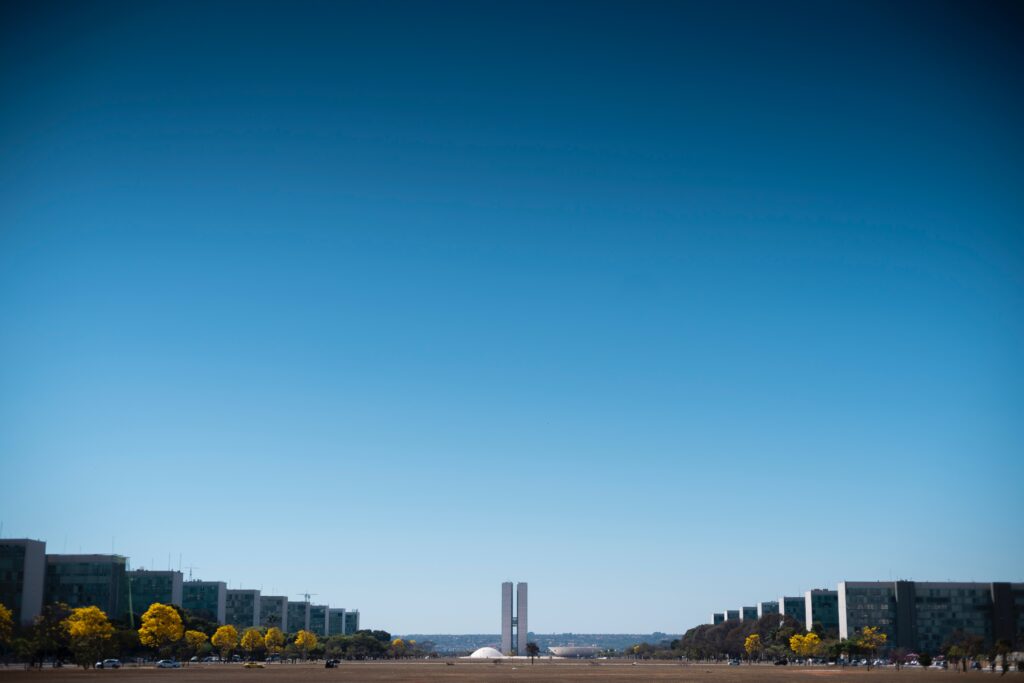
“I stay at home most of the time. Unfortunately, the lectures at university lost most of their practical content. Moreover, the number of hours spent in hospital has been reduced for students in the early years. In addition, I was used to studying in libraries and study rooms. With the pandemic, I had to learn to study at home,” Willik says. “It is good not to spend time on my commute to the university campus, though. Also, it is easier to hold study meetings online.”
He usually wears a badge with the flag of Estonia in his lab coat, which draws the attention of the more careful observers. “I’ve been asked what the flag meant. Sometimes people even ask if it is the flag of Grêmio,” Endel recalls, pointing to the similarity between the flags of Estonia and that of a local football team. “When asked, I tell them about my dual citizenship.”
A tale of two countries
Willik’s great-grandparents, Aleksander and Juuli Willik, and two of his older grand-uncles, Endel and Armando, emigrated to Brazil in the 1920s, joining the group of around 300,000 people that moved to the country between 1924 and 1926. In that period of three years, approximately 16,000 people left Estonia in a movement that is now recognised as part of the Estonian second migration wave.
Among them, about 4,800 people headed to the American continent by ship. At least 30 Estonian families, including the Willik family, went to live and work in the José Bento agricultural colony in the Brazilian state of Minas Gerais.

“My great-grandparents came from Estonia to start a new life. They stayed here and continued raising their family,” Willik says. Alexander and Juuli moved to São Paulo and had more children, including Alexandre, his grandfather. There are currently in Brazil several descendants of Estonians who travelled to the country in the 1920s.
According to the Estonian citizenship rules, people who can prove their ancestry to an Estonian citizen by birth born prior to the start of the Soviet occupation on 16 June 1940, is considered an Estonian citizen by birth. “After searching for documents and information about the history of my family, we got the necessary proofs of lineage that allowed us to prove our Estonian citizenship,” Willik notes.
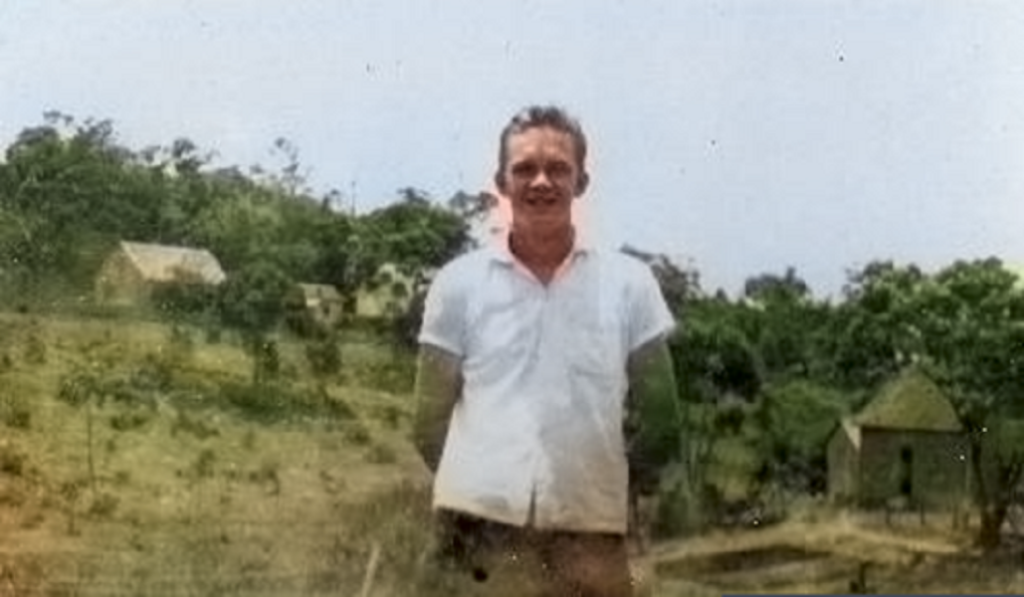
Staying safe
The vaccination against the novel coronavirus in Brazil started on 17 January 2021, 22 days after the start of the vaccination rollout in Estonia. In both countries, health-care professionals and the elder population are being vaccinated first. “I was not vaccinated, nor were my colleagues, not even those who are already getting medical experience at hospitals,” Willik explains.
Despite not having been vaccinated, Willik and his colleagues volunteered to help on the COVID-19 vaccination screening process. “We collect personal information for each person and make sure they’ve got the requirements to get the vaccine, such as not having had COVID-19 symptoms in the last 30 days. In addition, we updated the vaccination cards, indicating the expected dates for the administration of the second vaccine dose.”
Willik describes the dire health-care situation Brasilia is currently facing: “We are running out of ICU beds. In the last weeks, Brasília has been going through its worst moment in the pandemic, for we are facing new COVID-19 variants and, simultaneously, an economic crisis with an increase in food and fuel prices.”
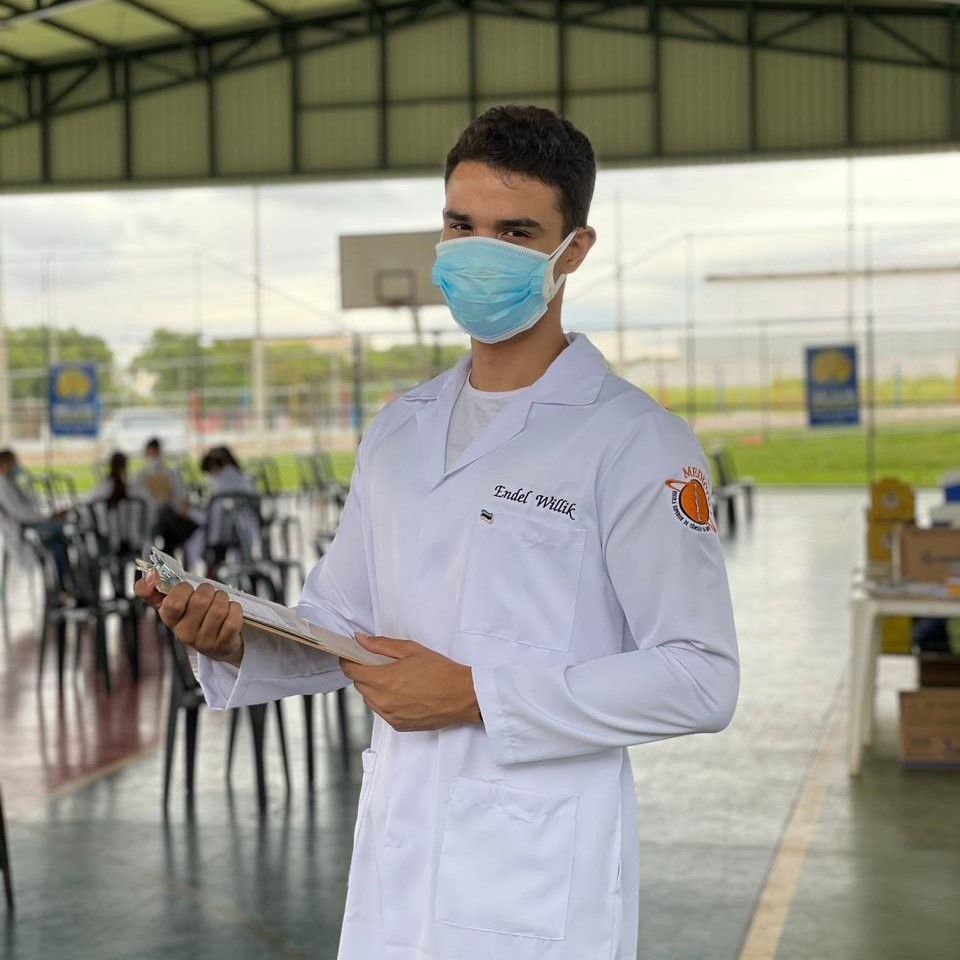
In mid-March, Estonia’s two-week COVID-19 infection rate was highest in the world, with 1,553 infections for every 100,000. In Brasilia, the infection rate for the same period was 705.57 for every 100,000 people.
Estonia introduced a total lockdown in the country from 11 March. In Brasilia, many measures were also taken. “Currently in Brasilia, it is mandatory to use masks when going outside. Also, venues such as shopping malls, restaurants, bars and concert halls are closed. A curfew is in effect from 10 PM to 5 AM, with a fine of 2000 reais (€300) for who violates the rules,” Willik says.
Despite the seriousness of the local crisis, he doubts the population’s compliance with the social distancing rules. “I believe a good part of the young population has been negligent towards the pandemic situation, putting both individual and public health at risk. Those who neglect the social distancing rules unfortunately end up affecting the community of the Brasilia as a whole, either by infecting other people or by leading to a situation in which stricter rules become necessary.”
Although he knows of friends and teachers who caught the disease, Willik doesn’t know for sure if he ever got infected. “If I did, I didn’t have any symptoms, but I have no way of certifying it, because I never had a PCR test nor a full serology test for COVID-19.”
“Yes, it is possible to transmit the virus even if you have not developed symptoms. This means we should avoid contracting this disease as much as possible. This applies to everyone, even young people, even if they are less likely to develop more serious symptoms of the disease,” Willik warns.
Moving to Estonia a possibility
To reduce his chance of contracting COVID-19 and inadvertently spreading COVID-19, the Estonian medical student goes by the book. “Wearing a mask when going outside, avoiding touching outside objects, not putting your hands in your mouth, eyes or nose. In addition to that, avoiding crowds and maintaining social distance when I leave home.”
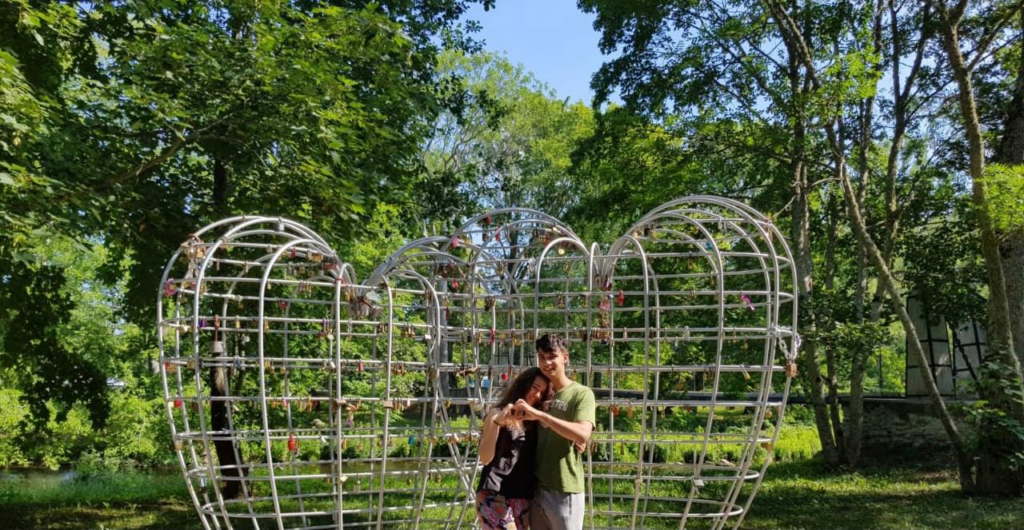
Moving to Estonia is still an open possibility for Willik. “I’ll be living in Brazil for the time being, but I am open to changing my plans,” he explains.
The date in which the pandemic in both countries – Brazil and Estonia – will come to an end is also uncertain. While health-care professionals like Willik run against the clock to ensure the population of Brasilia gets vaccinated, a decrease in COVID-19 infection and death rates will depend on the adherence of the population to the social distancing rules.
Cover: Endel Willik is gaining medical experience and helping the COVID-19 vaccination rollout in Brasilia. Private collection.

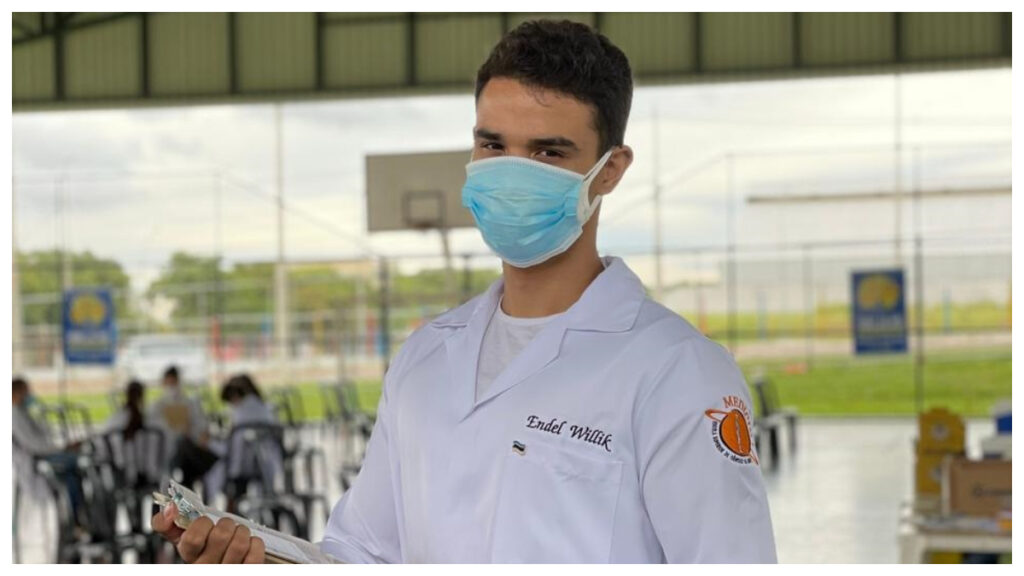
How interesting!